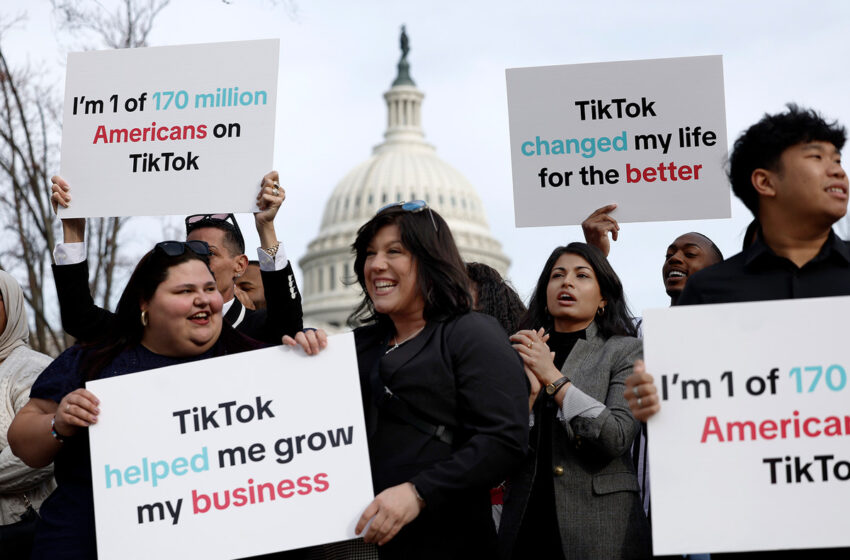
Why Is TikTok Facing a Ban in America, and What Does It Mean for Our Free Speech?
Are you scratching your head wondering why TikTok might get banned in the U.S.? You’re not alone. The buzz around the potential TikTok ban in America is growing louder by the day, stirring up concerns and debates across the nation. But what’s really at the heart of this issue, and why should it matter to us? Let’s explore what’s going on and dive deep into the implications for free speech and our political climate.
The roots of the TikTok ban
The core of the issue is national security. U.S. lawmakers are jittery because TikTok’s parent company, ByteDance, is cozy with China. There’s a real fear that the Chinese government could access data from TikTok’s 170 million American users. Given China’s track record with data privacy, U.S. authorities are on edge—worrying about everything from personal privacy to national secrets.
Currently, Congress is pushing a bill that could force ByteDance to either sell TikTok’s operations in the U.S. or say goodbye to its American audience. This move highlights the ongoing tension between protecting national security and maintaining open lines of communication in a global digital landscape.
What this means for free speech
This isn’t just about viral dances or the latest social media trends. TikTok is a platform where millions of Americans express themselves daily. A ban could significantly curb our freedom to express, share, and connect with others globally.
This raises a big question: Are we sacrificing our free speech for security? Finding the balance between these priorities is delicate and crucial.
The political and social impact of a TikTok ban
Beyond just free speech, there’s a broader social and economic impact to consider. Many small businesses and content creators rely on TikTok for their income and exposure. The potential ban could disrupt the livelihood of countless Americans who have built their businesses around the platform’s unique ecosystem.
In today’s digital age, social media platforms like TikTok shape our media consumption, societal interactions, and even political engagements. The potential ban introduces new challenges in digital governance and highlights the struggle between national interests and global digital freedom.
Navigating the future of digital expression
As we consider the future of TikTok in America, we must also think about the implications for digital freedom and international diplomacy. The outcome of this legislative move could set precedents for how we handle technology that crosses international borders.
Follow Muslim Girl for more updates on trending national news.



